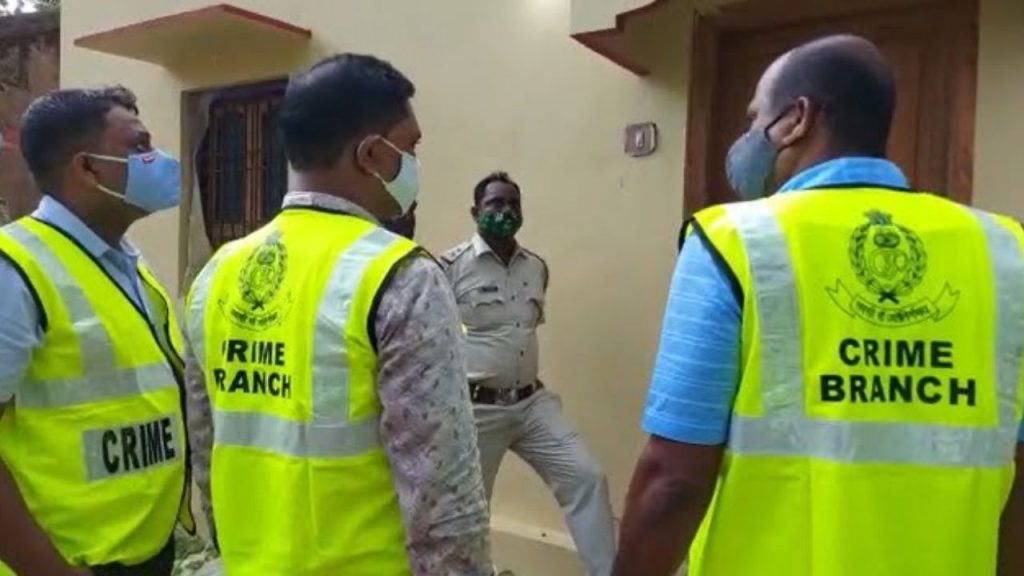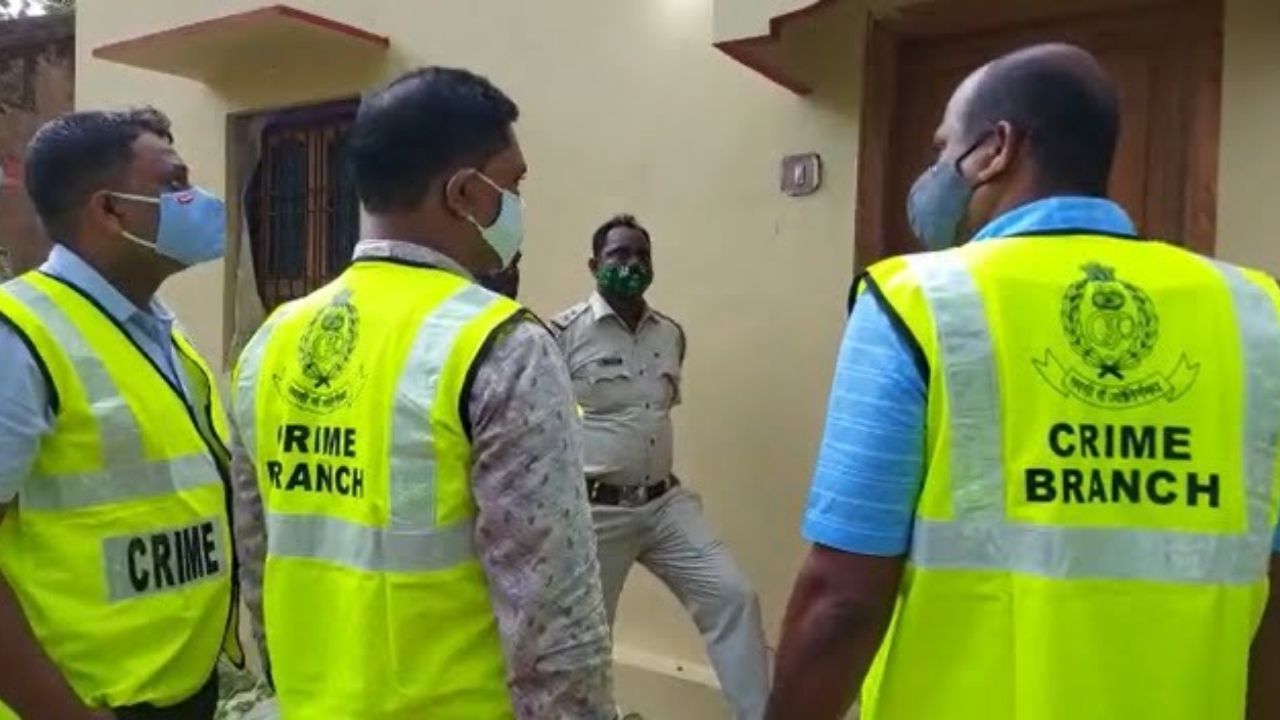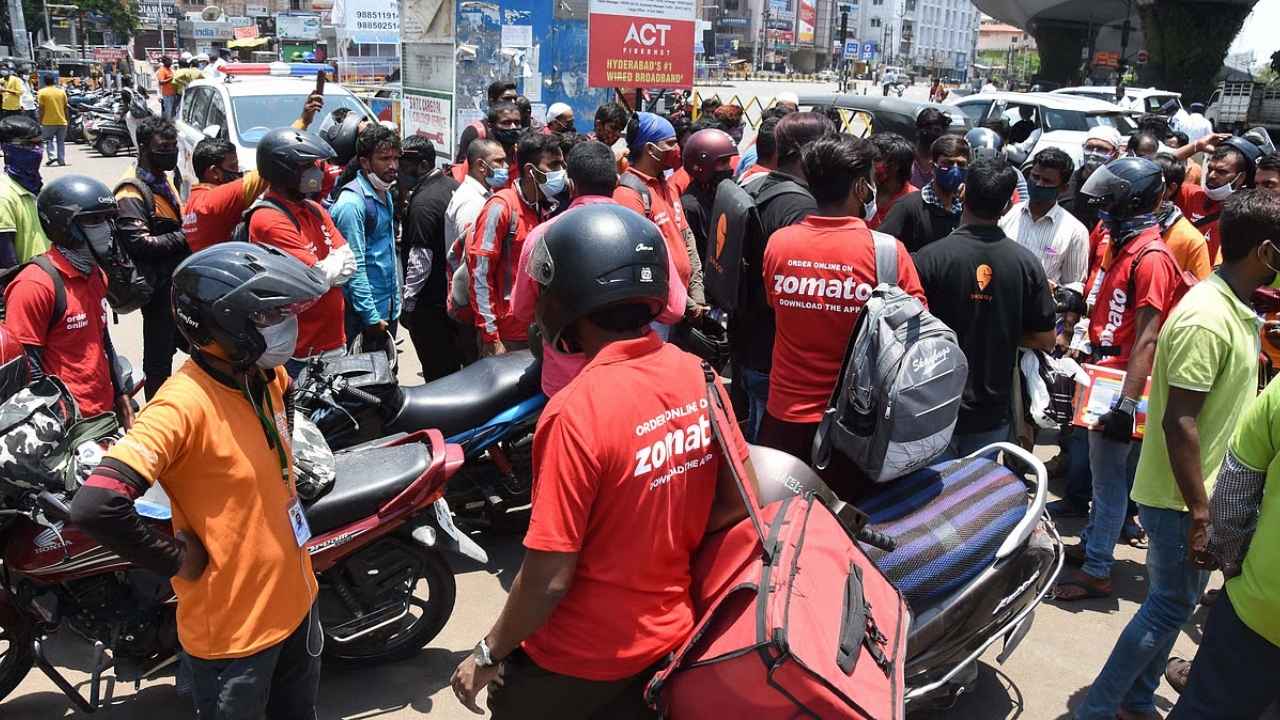The investigation into the tragic death of a 20-year-old college student from Balasore, Odisha, who tragically set herself on fire, has sparked public outrage and major political debates. The young woman’s death came after she allegedly faced inaction from authorities following her complaints about sexual harassment and stalking by a college professor. The case has now been taken over by the Odisha Crime Branch, with new developments emerging that could shed light on the circumstances leading up to her self-immolation.

In this article, we’ll break down what’s happening, offer insights into the investigation, and explore the broader implications of this case. Let’s dive into the unfolding drama, and examine the key elements of the case, how it’s being investigated, and what steps can be taken to ensure justice for the victim.
New Developments Emerge as Crime Branch
| Key Information | Details |
|---|---|
| Victim | 20-year-old college student from Fakir Mohan Autonomous College, Balasore |
| Cause of Death | Self-immolation due to alleged inaction on sexual harassment complaint |
| Key Investigative Agency | Odisha Crime Branch |
| Key Arrests | Assistant Professor Samir Kumar Sahu and Principal Dillip Kumar Ghose |
| Charges | Abetment of suicide, sexual harassment, stalking, insulting a woman’s modesty |
| Political Response | Congress demands Odisha bandh and judicial probe |
| Investigation Developments | Focus on the victim’s final meeting with authorities and possible bullying on social media |
| Website Reference | Official Crime Branch Odisha Website |
The tragic death of the Odisha college student has opened up a much-needed conversation about sexual harassment in educational institutions and the failures of the justice system in protecting vulnerable individuals. The involvement of the Odisha Crime Branch marks a critical point in the investigation, and while the case is still ongoing, there is hope for justice. It’s crucial for authorities and educational institutions to learn from this case and ensure that complaints of harassment are taken seriously and addressed swiftly to prevent future tragedies.
The Case: A College Student’s Tragic Death
On July 12, 2025, the body of a young woman was found after she set herself on fire outside her college premises. Her death came after she reportedly faced continuous sexual harassment by an assistant professor, Samir Kumar Sahu. According to sources, she had approached the college administration and local authorities, including the police, but received no concrete action. She had also been stalked, and her complaints were allegedly brushed aside.
In a heartbreaking move, she decided to take drastic action, self-immolating as a final cry for help. Her death quickly became a catalyst for public outcry, with many questioning the effectiveness of the justice system and the role of educational institutions in protecting students.
Odisha Crime Branch Takes Over the Case
The case was initially investigated by the local police, but it quickly gained significant attention. The Odisha Crime Branch took over the investigation to ensure impartiality and thoroughness. The Deputy Superintendent of Police (DSP), Iman Kalyan Nayak, and his team from the Crime Against Women and Children Wing (CAW&CW) have been assigned the case.
This move was made to guarantee that the investigation is fair, especially given the serious allegations against both the professor and the college administration for their alleged inaction. This also includes an in-depth probe into whether the college authorities failed to act on the victim’s repeated complaints and whether any other individuals may have contributed to her state of mind.
Key Arrests and Charges
The investigation has already resulted in two significant arrests. Assistant Professor Samir Kumar Sahu has been arrested on charges of sexual harassment and stalking, which are said to have led the victim to feel trapped and helpless. The College Principal Dillip Kumar Ghose has also been arrested for his alleged role in failing to take action against the professor and for his role in insulting the victim’s modesty.
Both face serious charges, including abetment of suicide, which could lead to severe legal consequences. The charges reflect the severity of the case and the broader societal concerns surrounding how authorities and educational institutions handle such complaints.
Political and Public Reactions
As with any high-profile case, the death of the young woman has sparked widespread political reactions. The Congress Party has been vocal in its condemnation of the incident, with Rahul Gandhi terming it as a “systematic murder.” The Congress has called for a statewide bandh (general strike) on July 17, demanding justice for the victim and accountability for the perpetrators.
Opposition leaders have also called for a judicial probe into the matter, suggesting that the crime may have been mishandled at multiple levels. Both the Congress and BJD (Biju Janata Dal) are pressing for a transparent investigation into the circumstances surrounding the student’s death.
Expanding the Investigation
The Odisha Crime Branch is digging deeper into the case, not only focusing on the professor and the college authorities but also examining the potential involvement of others in the harassment. The victim’s final meeting with the principal, shortly before the incident, is a critical point of interest. Investigators are keen to understand the nature of their interaction and whether the authorities made any promises or misled her.
Another important area being explored is the possibility that the victim was subjected to bullying on social media, which could have further exacerbated her emotional distress. If proven, this could add a new layer of complexity to the case and highlight the role that online harassment plays in such tragedies.
How the Investigation Is Shaping Up
Here are a few key steps being taken in the investigation:
- In-depth Interviews: Investigators have already begun questioning witnesses, including students who may have witnessed incidents of harassment or seen troubling behavior from the professor. This will help in building a clearer picture of the events leading up to the tragedy.
- Forensic Analysis: The Crime Branch will be conducting a forensic investigation to examine the victim’s phone, social media accounts, and any digital evidence that may offer more insight into the harassment she faced. This could prove vital in understanding the extent of the bullying and the failure of authorities to act.
- Witness Testimonies: It’s crucial that witnesses, including other students, come forward with information that could help in establishing the timeline of events. Many survivors of harassment hesitate to speak out, so any evidence from classmates or other faculty members will be pivotal.
- Scrutiny of College Protocols: The Crime Branch is also investigating how the college handled the harassment complaints. Did the administration follow the proper protocols? Were there any lapses in the system that might have led to the victim’s emotional turmoil? These questions need to be answered for transparency and accountability.
What’s Next?
As the investigation continues, the case remains in the public eye, with people demanding justice and a fair investigation. The involvement of the Crime Branch and their focus on uncovering the truth behind the victim’s final moments are crucial steps toward finding justice.
Balasore Tragedy Sparks Statewide Shutdown: What to Expect on July 17 in Odisha11 Days Before Tragic Self-Immolation, Odisha Student Warned of Suicide
Odisha Chief Minister Grants ₹20 Lakh to Family of Student Who Died After Self-Immolating
FAQs
Q1: Why did the victim set herself on fire?
A1: The victim allegedly faced sexual harassment from a college professor, and despite reporting the incidents to both the college administration and local authorities, no action was taken. This led her to take drastic steps.
Q2: What charges are the accused facing?
A2: The accused, Assistant Professor Samir Kumar Sahu, and College Principal Dillip Kumar Ghose, are facing charges of sexual harassment, stalking, and abetment of suicide, among others.
Q3: Why is the Congress Party calling this a “systematic murder”?
A3: The Congress Party believes that the state failed to take proper action in response to the victim’s complaints, leading to her tragic death. They argue that this is not just a suicide, but the result of a systemic failure to protect women.
Q4: What are the Crime Branch’s next steps?
A4: The Crime Branch is continuing its investigation, focusing on witness testimonies, forensic analysis, and scrutinizing the college’s actions in response to the harassment complaints.





